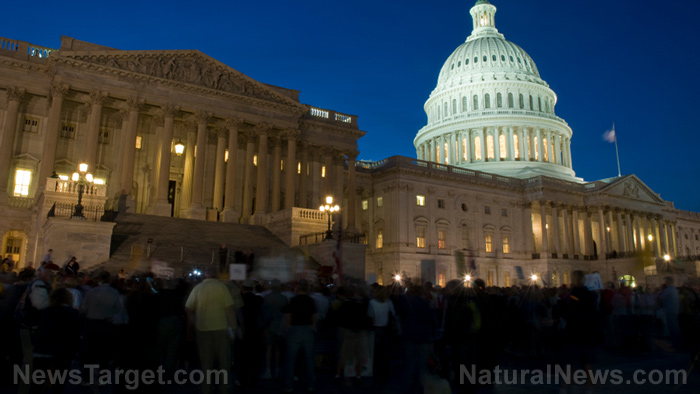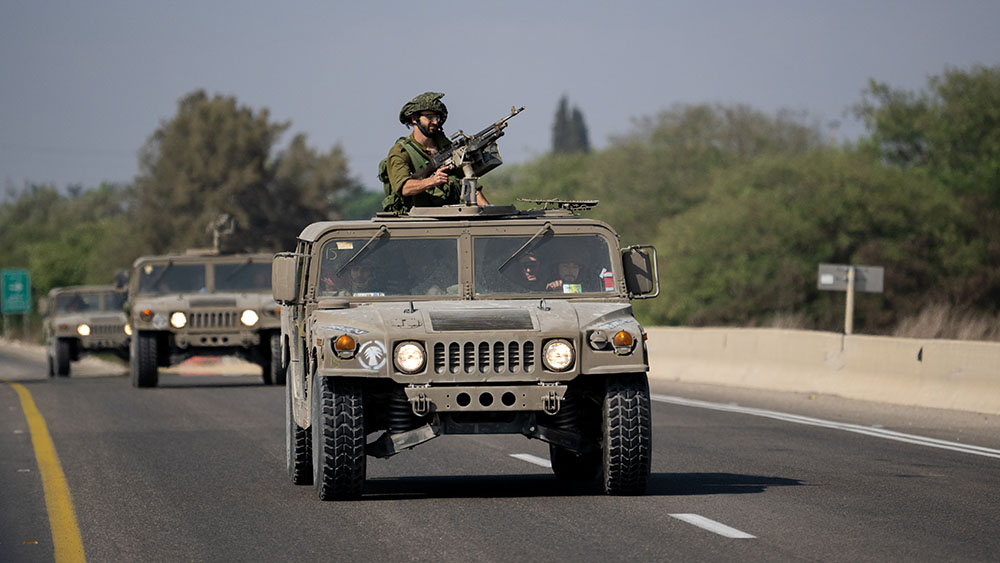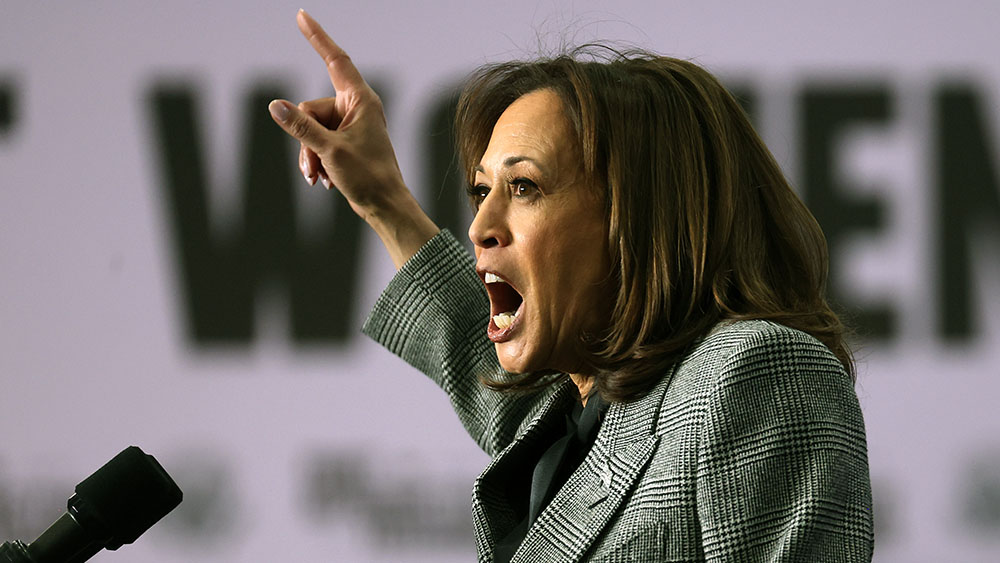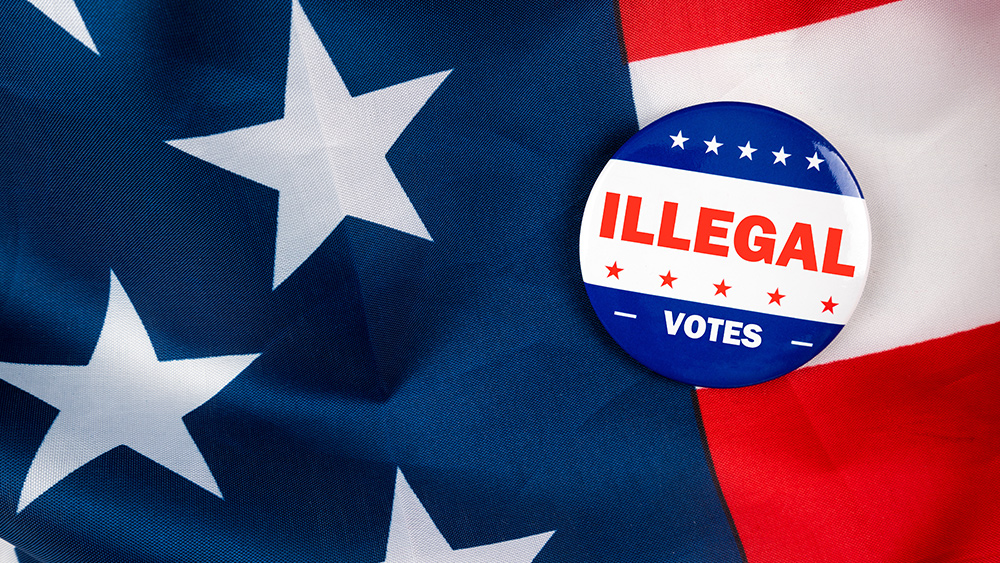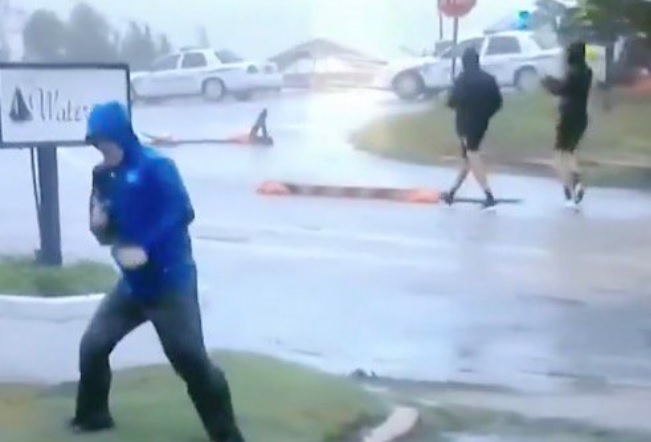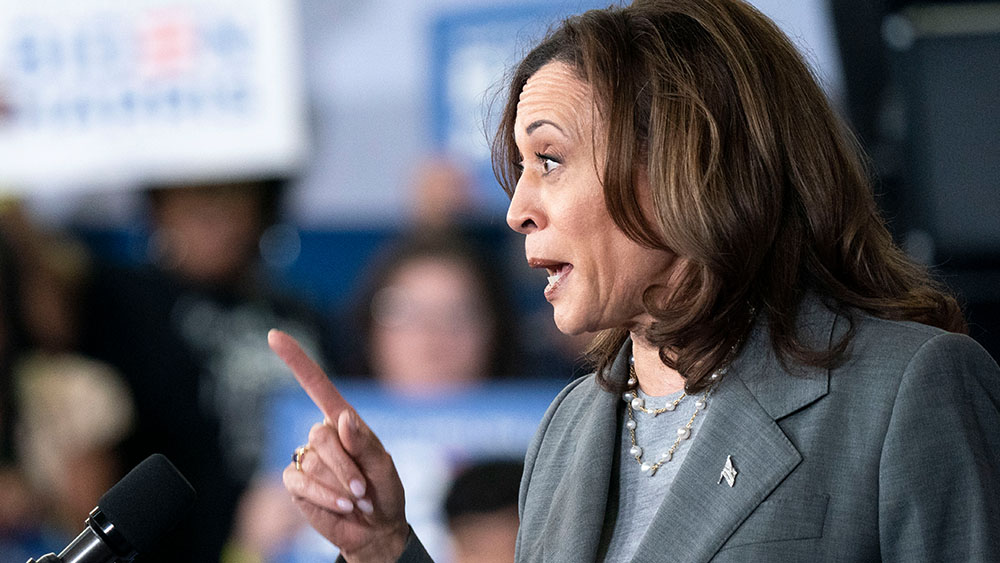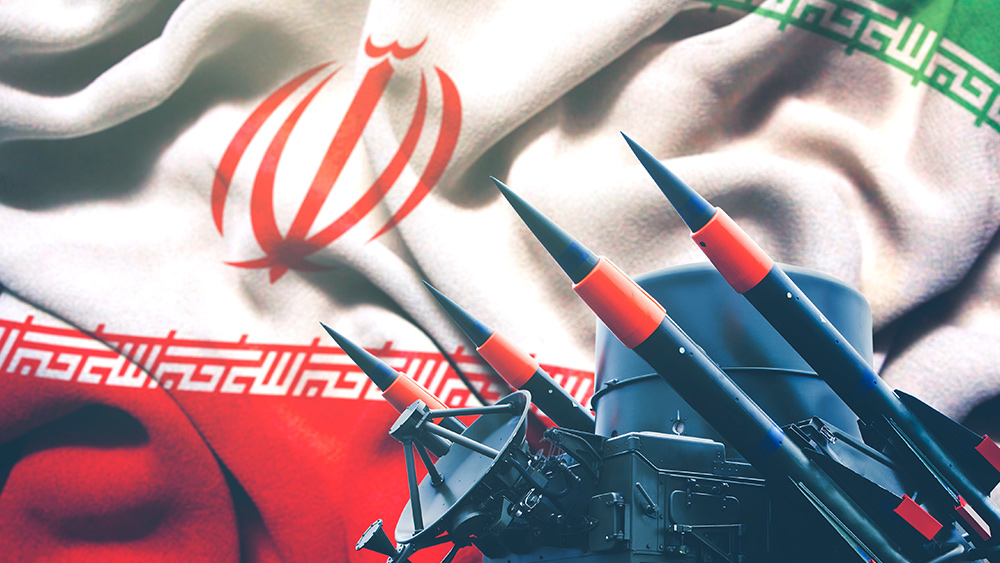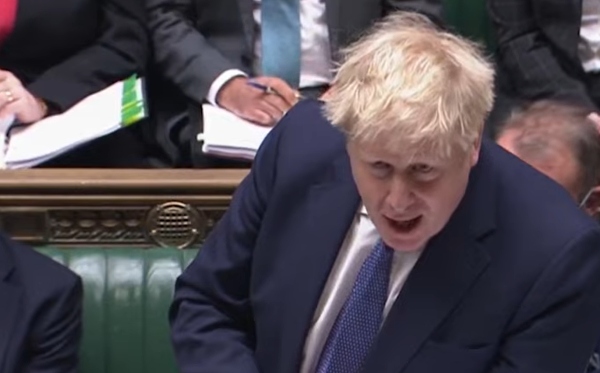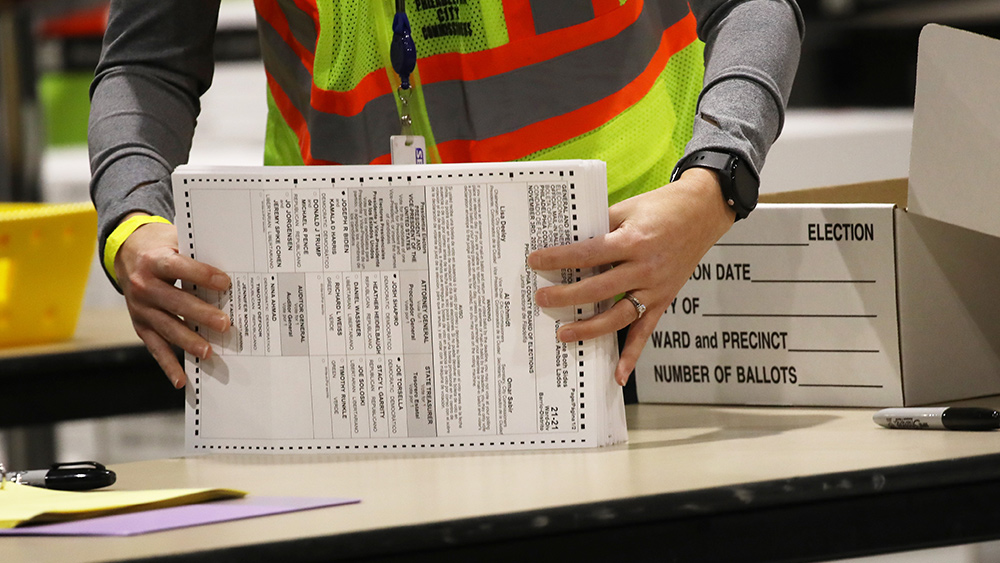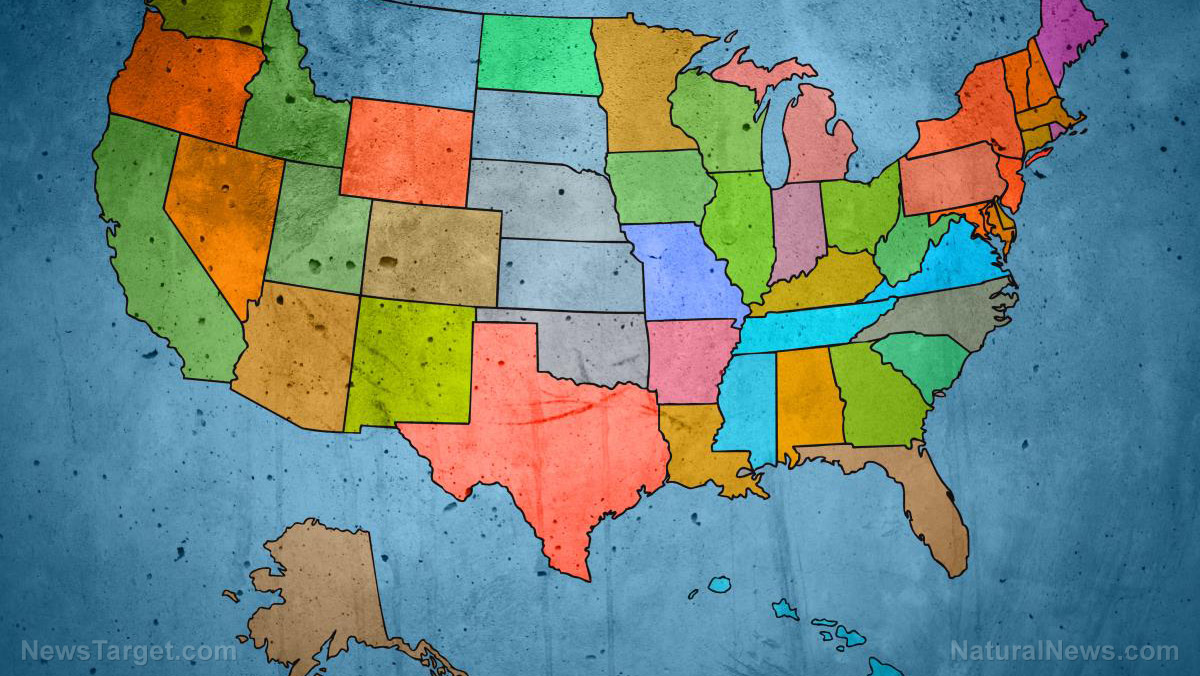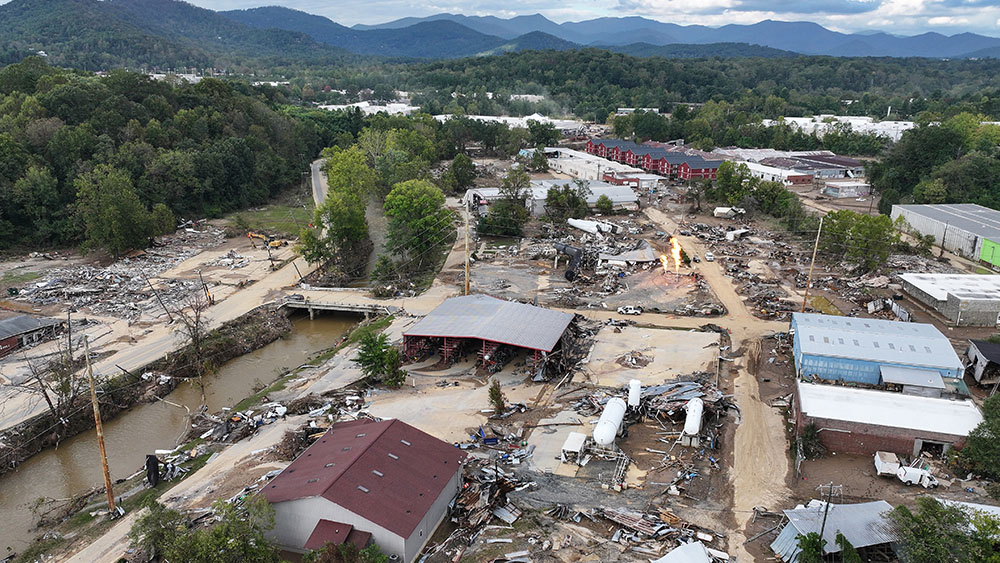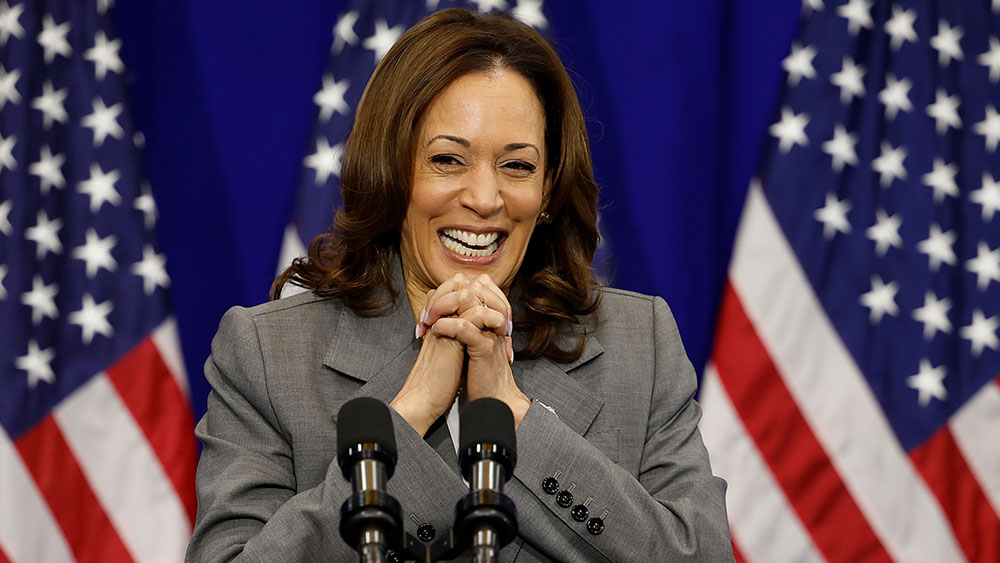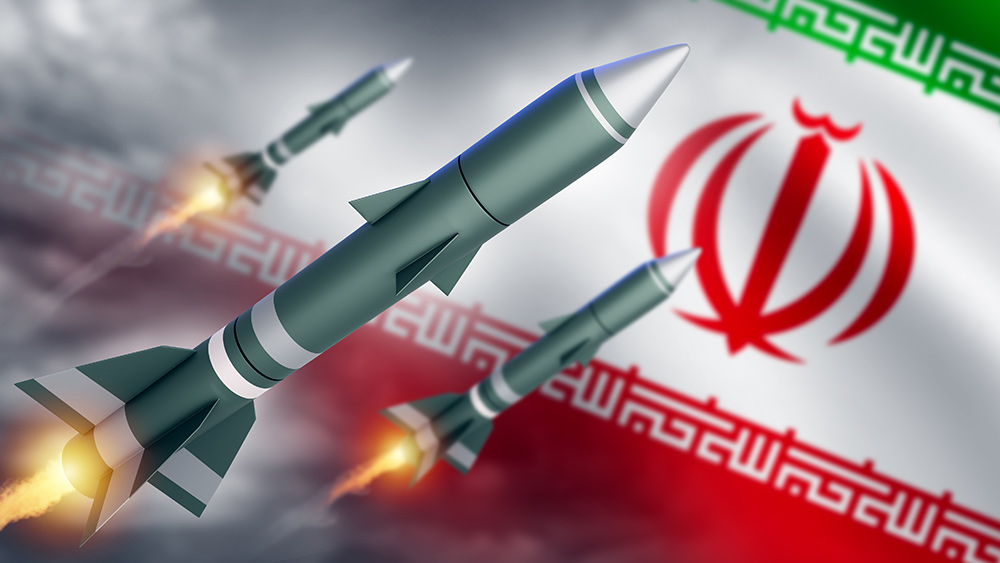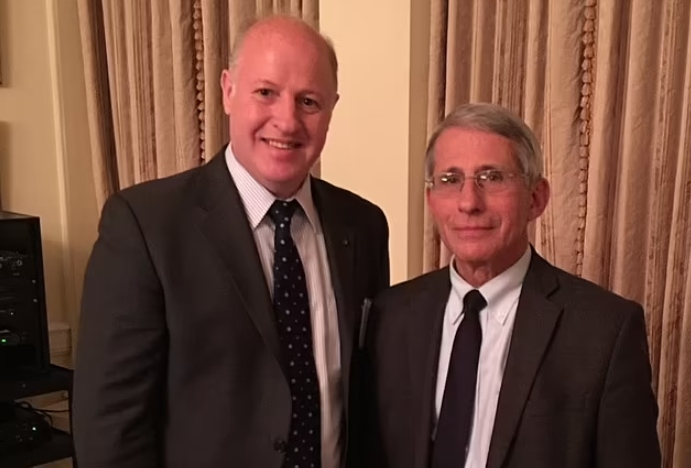Survey finds 8 out of 10 Americans fear outbreak of WORLD WAR III
10/10/2024 / By Richard Brown
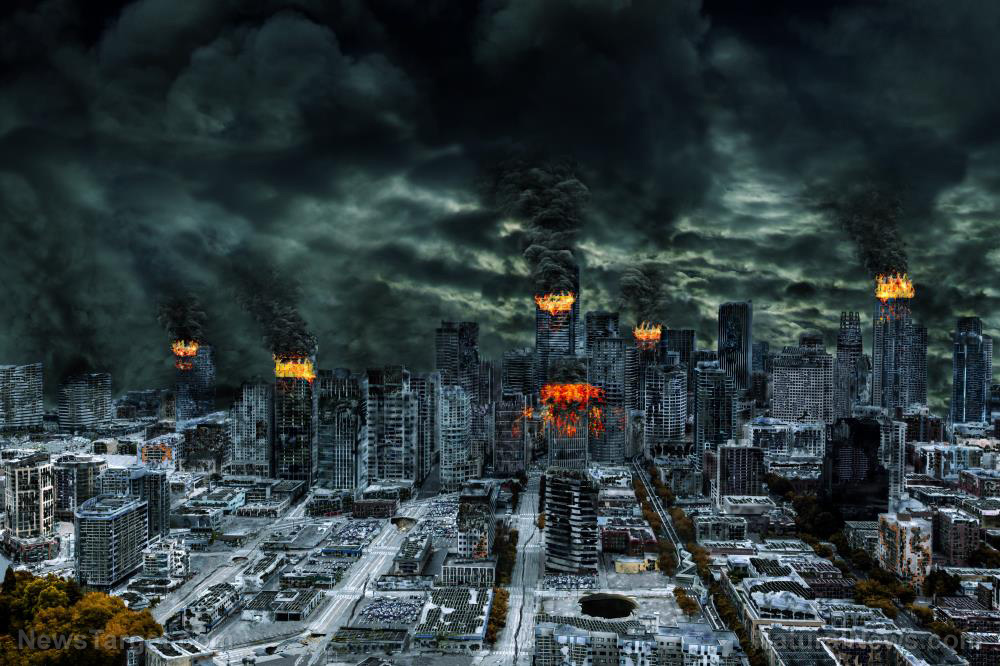
Amid escalating global conflicts, a shocking new survey reveals that 80 percent of Americans are concerned about the potential outbreak of World War III.
Conducted by Talker Research, the survey highlights a nation on edge as international tensions rise and an uncertain election year approaches, affecting both personal fears and political preferences. The survey, which polled 1,000 Americans across various political affiliations, indicates that worries about a global conflict cut across party lines.
A significant 84 percent of Republicans and 83 percent of third-party voters expressed anxiety over a potential world war, while 74 percent of Democrats also shared these concerns. This overwhelming consensus underscores a pervasive sense of unease among the American public regarding international stability. (Related: World War III is now inevitable – here’s why it can’t be avoided.)
Gender differences were pronounced in the survey findings, with 85 percent of women expressing fears about a new global conflict compared to just 71 percent of men. The sense of impending danger seems particularly acute for women, reflecting broader societal concerns about safety and security in a tumultuous world.
The ongoing Israel-Hamas conflict emerged as the primary concern for 55 percent of respondents, overshadowing worries about the Russia-Ukraine conflict, which troubled only 28 percent. This indicates that specific regional conflicts can significantly shape public sentiment and anxiety about broader geopolitical issues.
Americans prefer Trump to be the leader during crisis
If a crisis occurs, Americans are divided on leadership preferences during wartime.
When asked who they would prefer to lead them in the event of a global conflict, 50 percent of respondents believed former President Donald Trump would be a better choice compared to Vice President Kamala Harris, who received 41 percent support.
Notably, 14 percent of third-party voters expressed confidence in neither candidate. This division suggests that perceptions of leadership effectiveness are closely tied to individual political beliefs, reflecting the complex dynamics of American politics in times of crisis.
The survey further explored hypothetical leadership scenarios, revealing a tight race between Sen. J.D. Vance (R-OH) and Minnesota Gov. Tim Walz for potential presidential successors.
Among respondents, 44 percent favored Vance, while 43 percent preferred Walz. Regionally, support for Vance was strongest in the Southeastern United States (52 percent), while Walz garnered 56 percent of support in the West. Interestingly, the gender divide persisted here, with women showing a slight preference for Walz over Vance by 45 percent versus 40 percent.
As international tensions simmer and domestic politics remain unstable, this survey underscores the widespread anxiety gripping the American public. With 80 percent fearing the prospect of World War III, the threat of global conflict looms large in the American consciousness, shaping both personal fears and political preferences during these uncertain times. The implications of this anxiety extend beyond individual sentiments, influencing the national discourse and potentially impacting voter behavior in the upcoming elections.
Report finds U.S. must start boosting defenses
Compounding these concerns, a recent report from the Commission on the National Defense Strategy warns that the U.S. must bolster its defense spending to Cold War levels to effectively address growing threats from China, Iran, Russia, and North Korea.
Former Rep. Jane Harman (D-CA), chair of the bipartisan group, emphasized that the U.S. faces its “most serious and challenging” threats since the end of World War II, including a tangible risk of “near-term major war.” This call for increased military readiness reflects the urgent need for the U.S. to navigate the complexities of modern warfare and international relations.
In recent remarks, Trump highlighted the world’s proximity to World War III, citing China’s aggression toward Taiwan, Iran’s nuclear ambitions and Russia’s invasion of Ukraine as critical factors. Tensions in the Middle East are also escalating, particularly between Israel and Hezbollah, raising concerns about the potential for an all-out conflict.
Watch this clip from Fox Business reporting on former President Donald Trump’s World War III warning.
This video is from the NewsClips channel on Brighteon.com.
More related stories:
U.S. State Department and Biden-Harris regime desperately trying to ignite WWIII before election.
Putin fuels World War III fears with deployment of nuclear-capable bombers near NATO borders.
Corrupt Congress pushing U.S. into World War III with Russia.
Sources include:
Submit a correction >>
Tagged Under:
big government, chaos, Israel, Israel-Hamas conflict, Israel-Palestine war, Palestine, Polls, research, Russia, Russia-Ukraine war, Study, surveys, Ukraine, World War III, WWIII
This article may contain statements that reflect the opinion of the author
RECENT NEWS & ARTICLES
COPYRIGHT © 2017 PENSIONS NEWS

